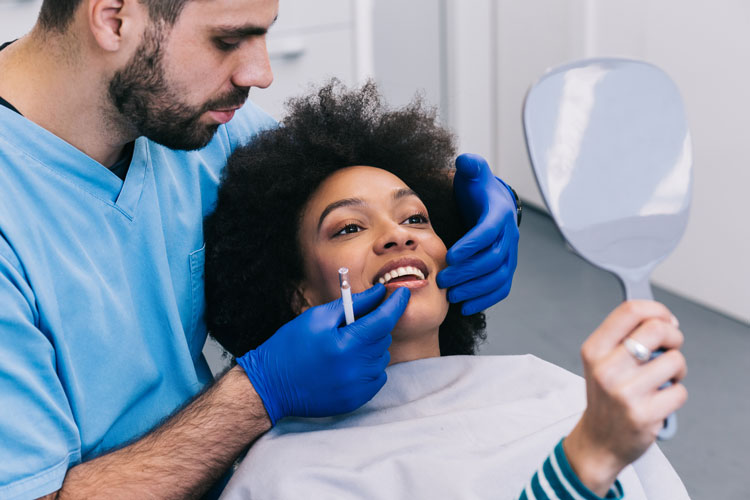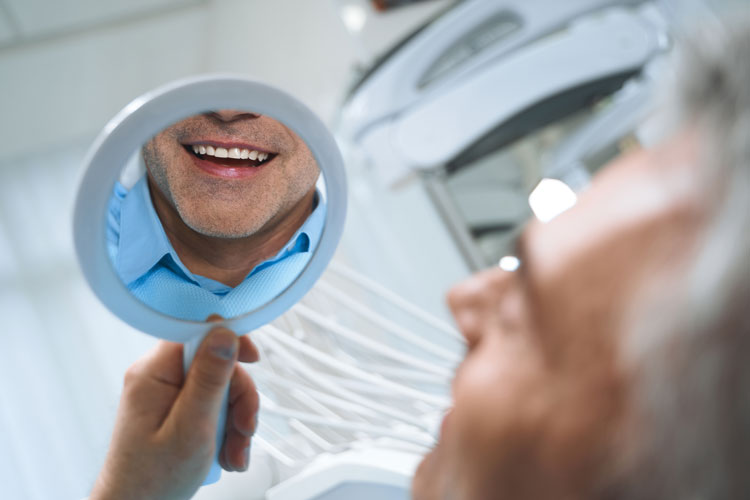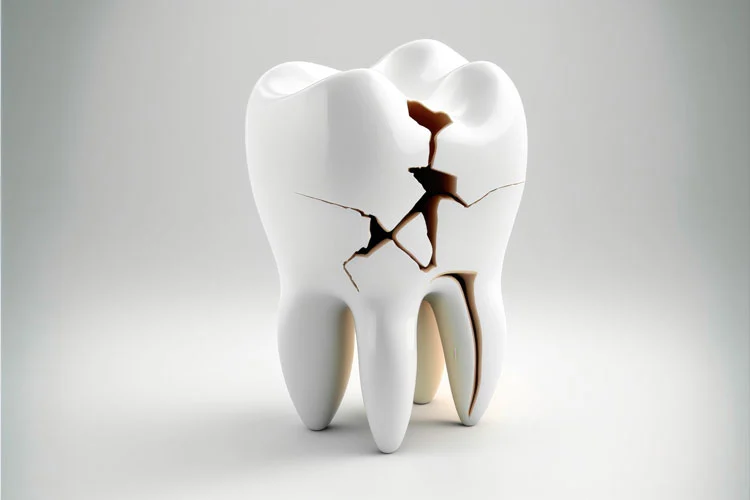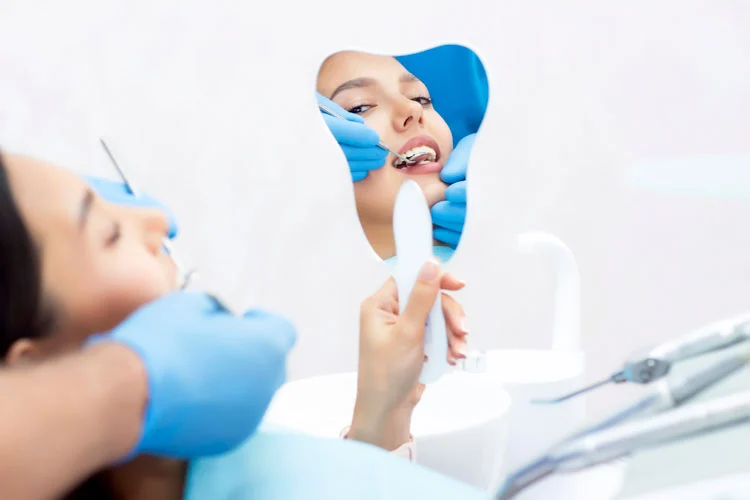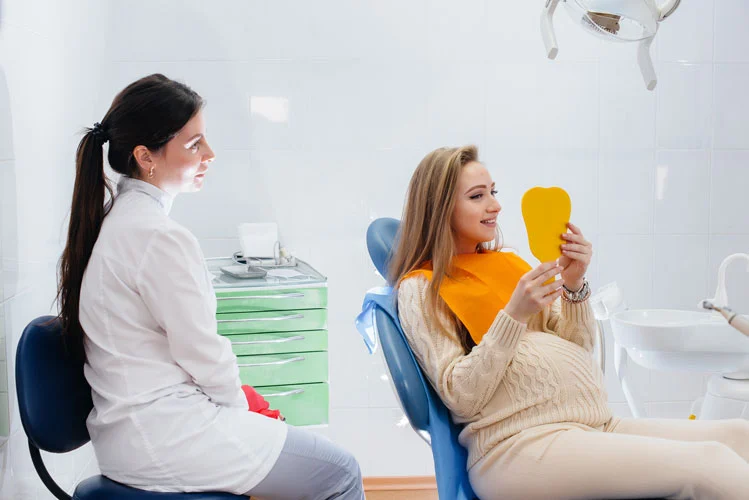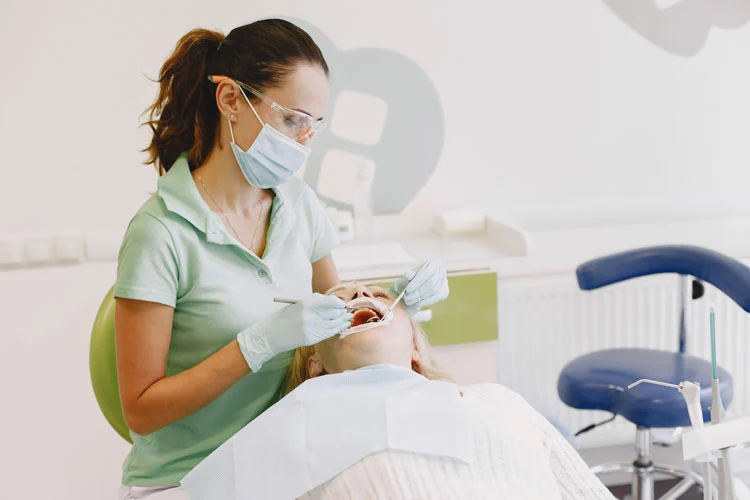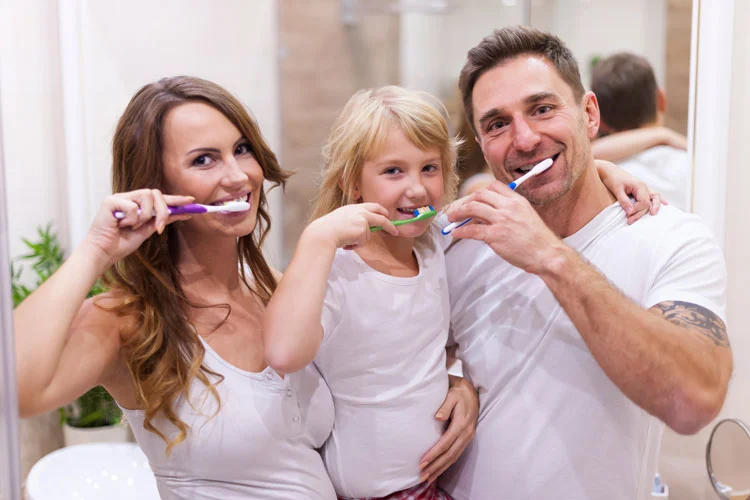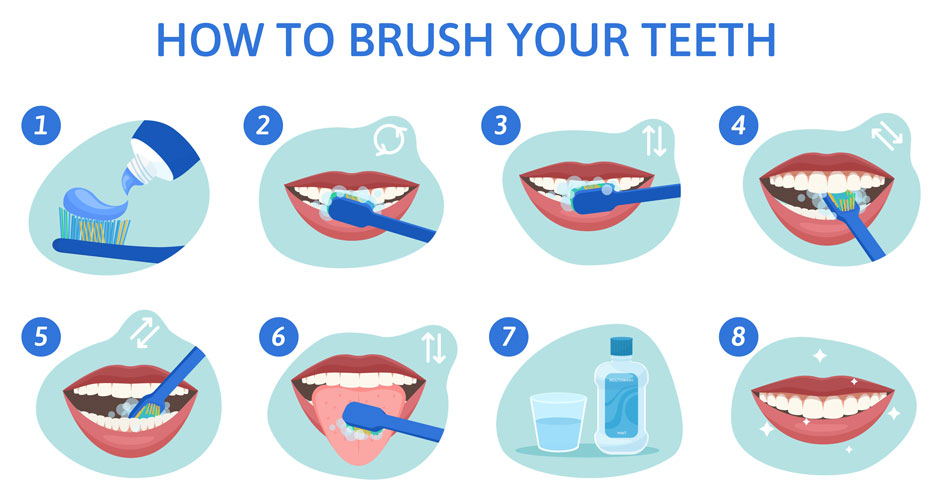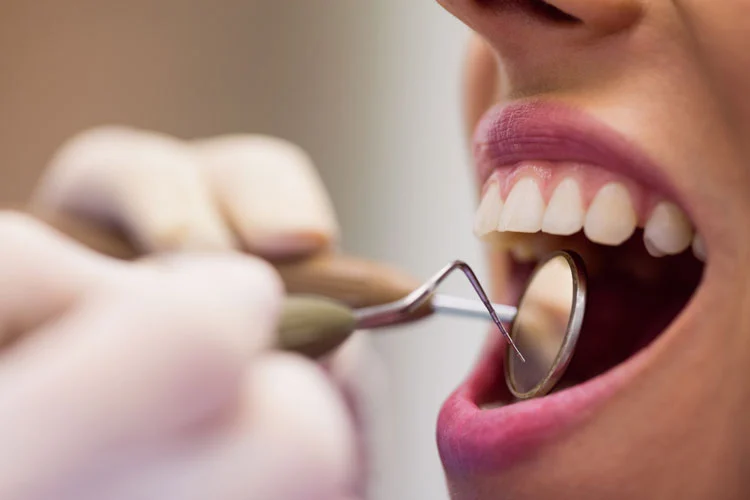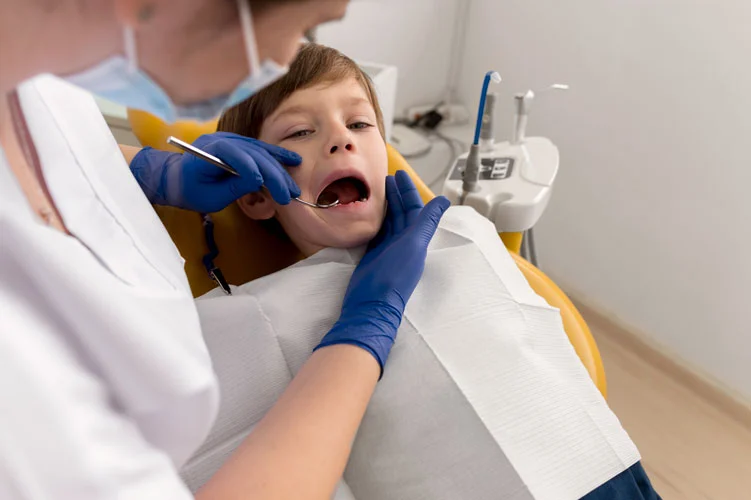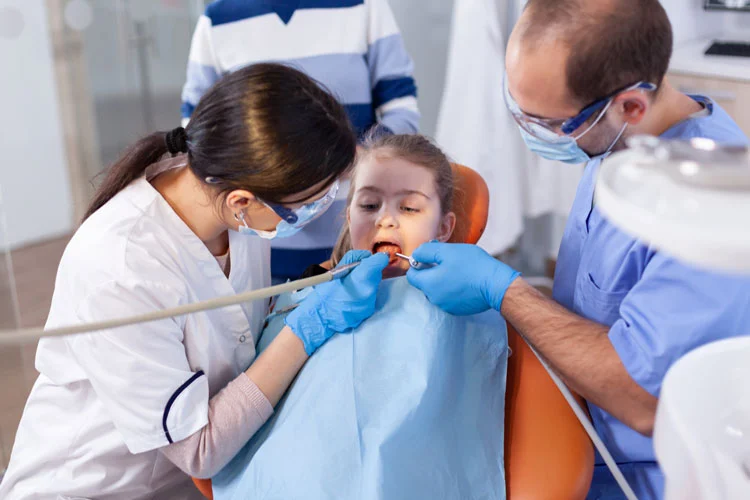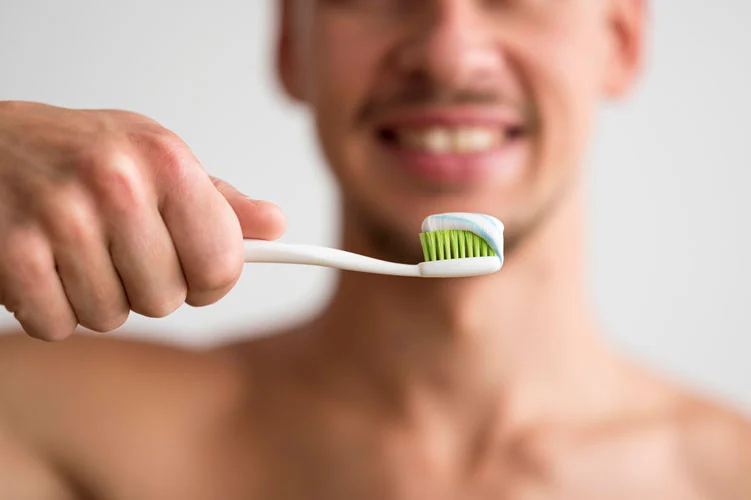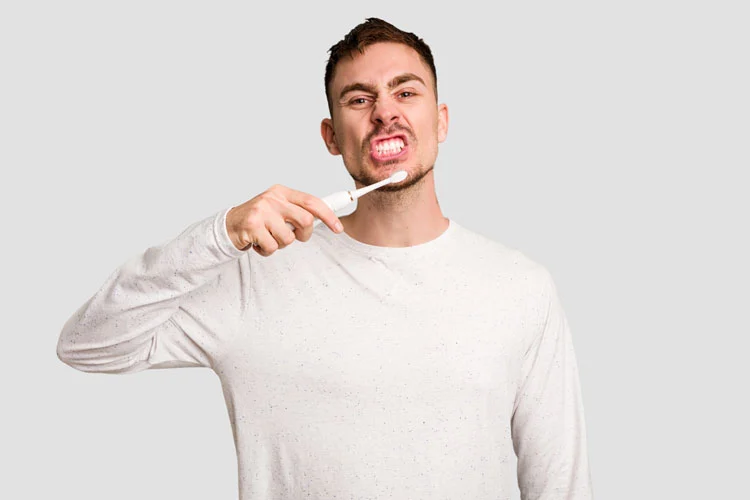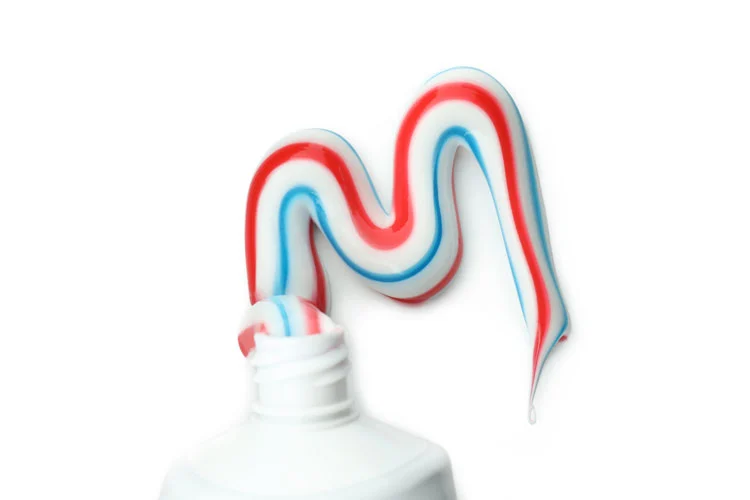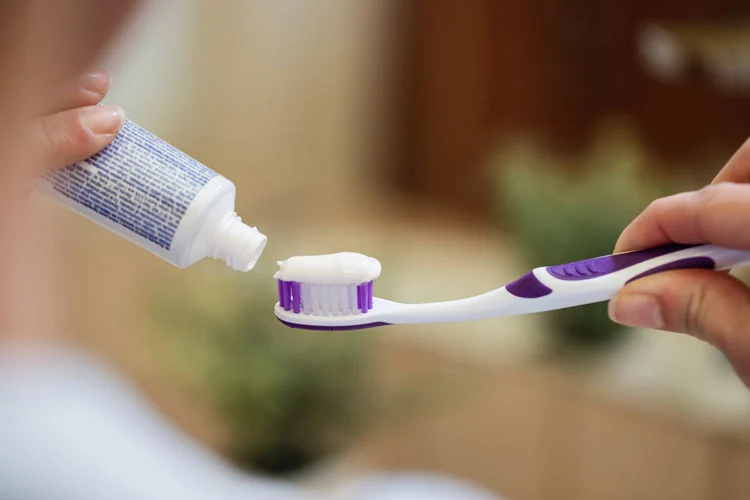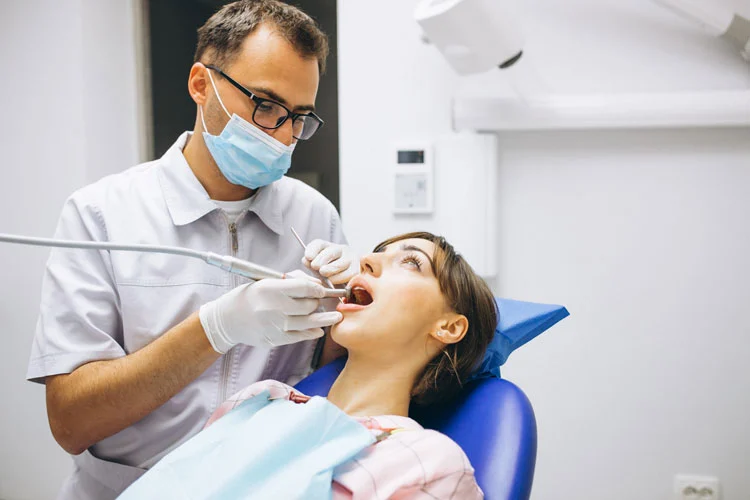Pediatric Dentistry: Safe Dental Care for Babies
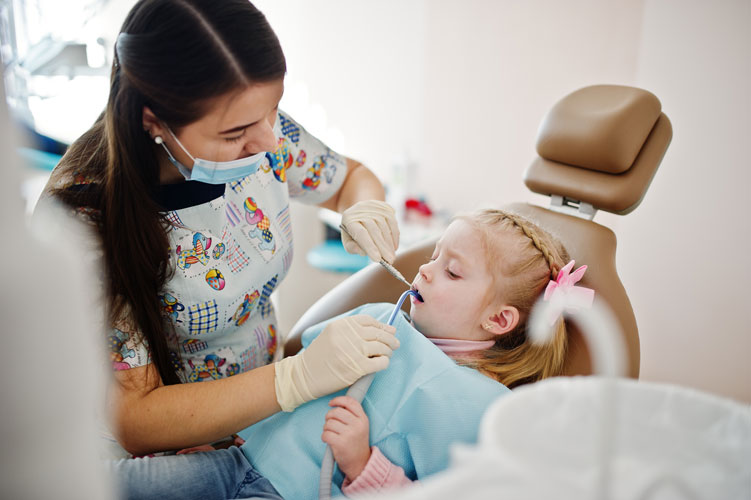
The journey to a lifetime of healthy smiles begins early, and pediatric dental care plays a pivotal role in laying the foundation for optimal oral health in children. As a parent or caregiver, understanding the basics of pediatric dentistry can empower you to make informed decisions about your child’s dental care.
In today’s article, we’ll explore the fundamental aspects of pediatric dentistry, shedding light on the unique considerations and practices contributing to young smiles’ well-being.
Early Introduction to Dental Care
Pediatric dentistry emphasizes the importance of introducing dental care and good oral hygiene practices at an early age. The American Academy of Pediatric Dentistry recommends that a child’s first dental visit should occur by their first birthday or within six months of the eruption of their first tooth.
These early visits serve not only to monitor oral development but also to educate parents on proper oral hygiene practices tailored to their child’s age and needs.
Creating a Kid-Friendly Environment
A cornerstone of pediatric dentistry is the creation of a warm and child-friendly atmosphere within the dental office. This environment is carefully designed to alleviate any fears or anxieties that children may associate with dental visits.
From colorful and inviting waiting areas to friendly and patient dental professionals, the goal is to make the experience of visiting pediatric dental offices positive and comfortable for young patients.
Preventive Care and Education
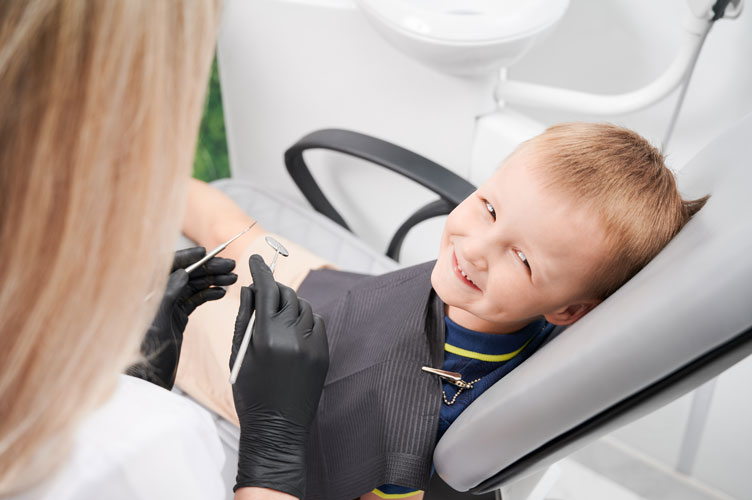
Preventive care is at the forefront of pediatric dentistry. Dentists in this field focus on early intervention and education to prevent dental issues, like tooth decay, before they arise. This includes regular cleanings, fluoride treatments, and dental sealants to protect vulnerable areas of a child’s developing teeth.
Educating both parents and children on proper oral hygiene practices at home is a crucial aspect of this preventive approach.
As parents, ensuring the health and well-being of our little ones is always a top priority. While many aspects of baby care are readily understood, dental health can sometimes be overlooked in the early stages of infancy. However, establishing good oral hygiene habits is crucial for your baby’s overall health and development.
Why Early Dental Care Matters
The importance of early dental care cannot be overstated. Even before your baby’s first tooth emerges, oral hygiene plays a vital role in preventing dental issues and promoting overall health. Here’s why:
Prevention of Tooth Decay
Regardless of your child’s age, baby teeth are susceptible to decay as soon as they appear. Establishing good oral hygiene habits early on can help prevent cavities and ensure the proper development of your child’s teeth.
Speech Development
Baby teeth play a crucial role in speech development. Proper alignment and spacing of teeth are essential for clear speech patterns to develop as your child grows.
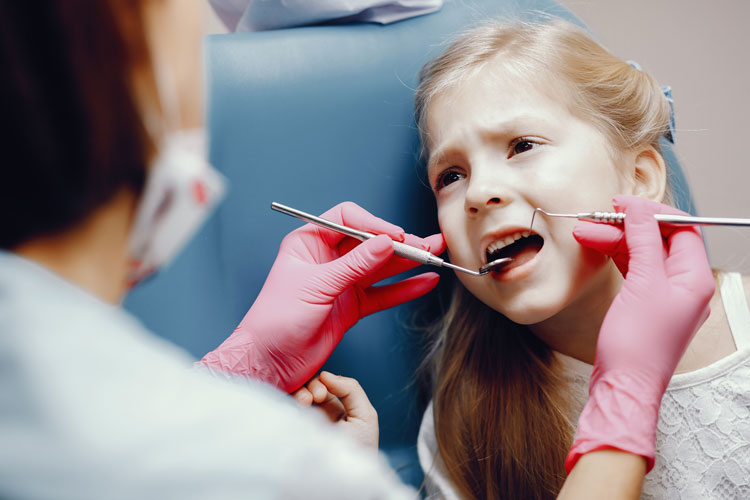
Nutrition and Growth
Healthy teeth are essential for proper chewing and digestion, facilitating the intake of essential nutrients for your baby’s growth and development.
Early Detection of Issues
Scheduling your child’s first dental appointment at an early age allows dentists to monitor your child’s oral health and detect any potential issues early, preventing them from escalating into more significant problems.
When to Schedule the First Dental Visit
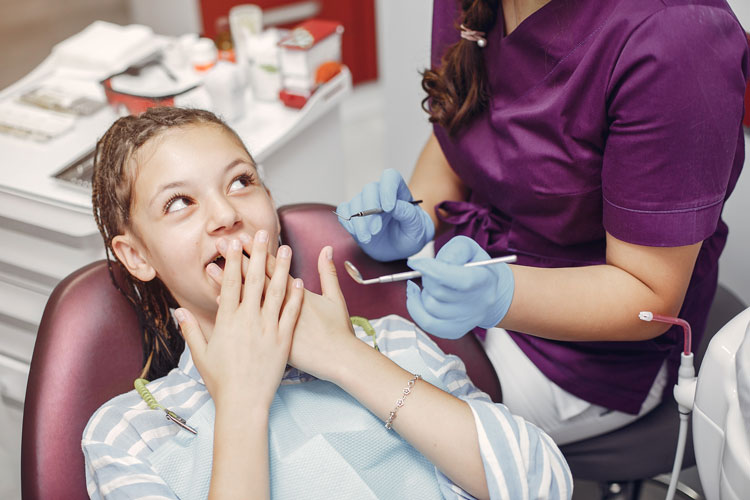
The American Academy of Pediatric Dentistry (AAPD) recommends that your child’s first dental visit should occur within six months of the eruption of their first tooth or by their first birthday, whichever comes first. Here’s what to expect during the first dental appointment:
Introduction and Familiarization
Your baby’s first dental visit is primarily about introducing your child to the dental environment and making them feel comfortable. The pediatric dentist will take the time to interact with your child, examine their mouth, and discuss oral hygiene practices with you.
Assessment of Oral Health
During the first visit, your child’s pediatric dentist will examine your baby’s mouth for any signs of tooth decay, gum disease, or other oral health issues. They may also assess the alignment and development of emerging teeth.
Guidance on Oral Care
The dentist will provide guidance on proper oral hygiene practices for your baby, including brushing techniques, fluoride use, and diet recommendations.
Answering Questions and Addressing Concerns
Your baby’s first dentist appointment is an excellent opportunity to ask questions and address any concerns you may have regarding your child’s oral health.
When to Begin Pediatric Dentistry
Ensuring safe dental care for babies is essential for setting the foundation of a lifetime of healthy smiles. By scheduling their first dental checkup early and implementing good oral hygiene habits from the start, you can help protect your child’s teeth and promote their overall well-being. Early prevention and intervention are key to maintaining optimal oral health for your little one.
Maintaining Oral Health through Childhood
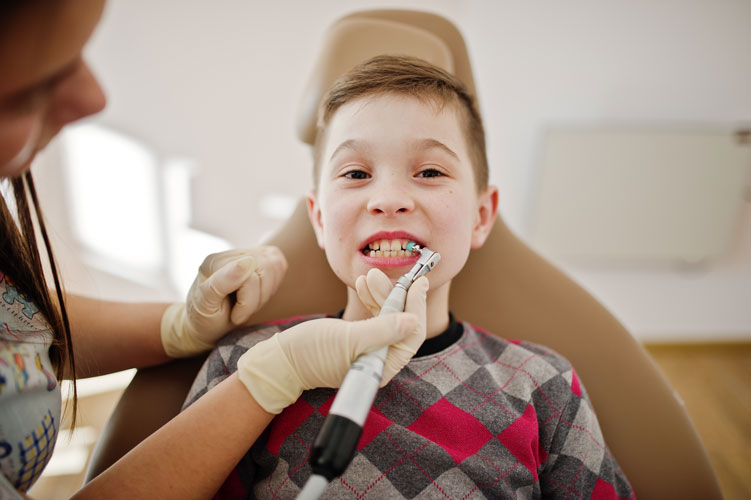
Understanding the basics of pediatric dentistry empowers parents and caregivers to participate in their child’s oral health journey actively. By prioritizing early dental visits, creating a kid-friendly environment, emphasizing preventive care, monitoring growth, and providing behavioral guidance, pediatric dentists contribute significantly to the overall well-being of a child’s dental health.
With the right foundation, children can grow into adults with a lifelong commitment to oral health and confident smiles.
Pediatric Dental FAQs
What is done in pediatric dentistry?
Pediatric dentistry involves specialized dental care for infants, children, and adolescents, addressing their unique oral health needs through preventive measures, early intervention, and education.
What is the difference between family dentistry and pediatric dentistry?
Family dentistry caters to patients of all ages, while pediatric dentistry only provides oral health care to infants, children, and adolescents.
At what age should children go to the dentist?
It is recommended that children go to the dentist by their first birthday or within six months of the eruption of their first tooth.
Dr. Dalesandro & Associates
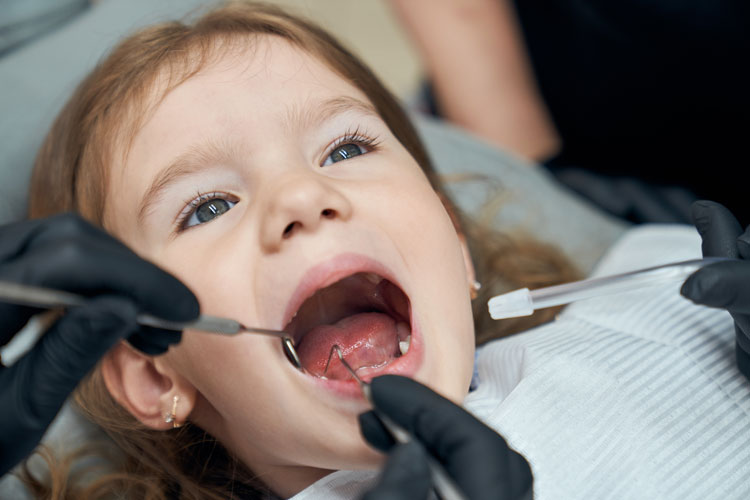
At Dr. Dalesandro & Associates, our dedication to nurturing smiles extends far beyond regular check-ups. Specializing in family dentistry, our focus encompasses emergency dental care of dental injuries, professional teeth whitening, and preventive services tailored for children of all ages. In Tucson, we stand as your all-encompassing dental solution, committed to the well-being of your little ones.
Embark on the journey toward healthier smiles by exploring our website. We welcome both new and existing patients!
